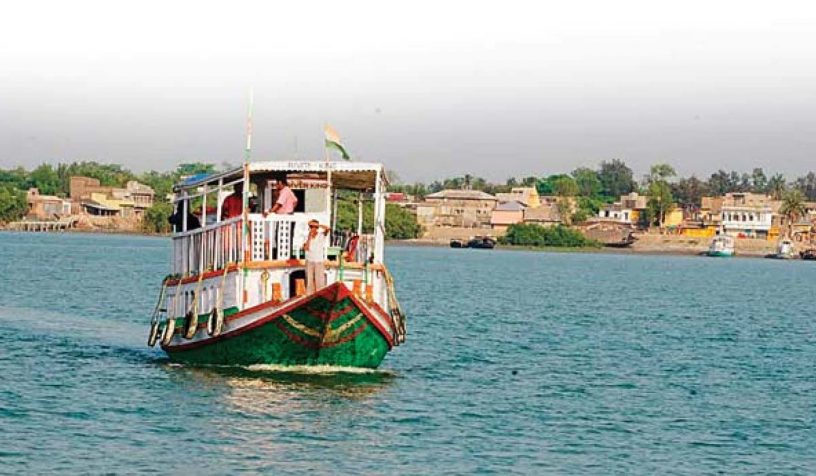
The results reveal that governance issues, policy bias, high cost requirements, and lack of river-interlinking are the most critical inhibitors for the development of inland waterway transport in India.
Authors
Ashish Trivedi, Assistant Professor, Jindal Global Business School, O.P. Jindal Global University, Sonipat, Haryana, India.
Suresh Kumar Jakhar, Indian Institute of Management Lucknow, Prabandh Nagar, Lucknow, India.
Daneshwar Sinha, Jindal Steel & Power Limited, Chhattisgarh, India.
Summary
Finding sustainable measures for maritime transport has long been a significant issue owing to a rising global population and the internationalization of supply chains. In Indian contexts, it has become imperative to shift from highly congested and polluting road and rail transport to a more sustainable Inland Waterway Transport (IWT).
Inland waterway transportation has numerous limitations and challenges in its implementation. This study aims to study the barriers to the implementation of IWTs in India by establishing and analyzing the complex interrelationships between them.
Decision Making Trial and Evaluation Laboratory (DEMATEL) and Interpretive Structural Modeling (ISM) methods are employed to analyze the cause-effect relationship among the barriers and to further identify the key influential barriers from an identified set of factors.
The results reveal that governance issues, policy bias, high cost requirements, and lack of river-interlinking are the most critical inhibitors for IWT development in India and the policymakers should focus on eliminating these ‘key’ inhibitors to ensure effective implementation of IWT in India. The findings of this study provide useful insights from a strategic and policy-making perspective.
Published in: Journal of Cleaner Production
To read the full article, please click here.


